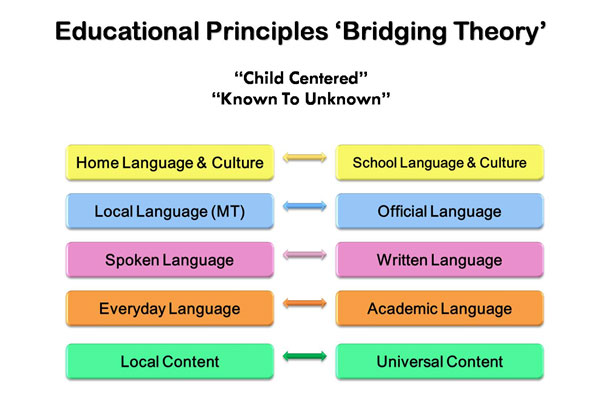{:th}ผลงานวิจัยเด่น{:}{:en}Research Highlights{:}

A Regional Variation of Selected Ethnic Languages and Cultures in Southeast Asia
October 24, 2019
Effects of Task – oriented Training after Action Observation and Brain Stimulation on Reaching and Grasping Performance in Individuals with Stroke
October 24, 2019Patani Malay – Thai Mother Tongue Based Bi/Multilingual Education in Thailand’s 4 Southern Border Provinces

Research Institute for Languages and Cultures of Asia, Mahidol University
The Mother Tongue-Based Bi/Multilingual Education (MTB MLE) project has been conducted by the Resource Center for Documentation and Revitalization of Endangered Languages and Cultures, Research Institute for Languages and Cultures of Asia, Mahidol University. This project has been supported by UNICEF (Thailand), Thailand Research Fund and Mahidol University. The project focuses on building a strong foundation for native language and culture to overcome linguistic barriers and cultural differences that hinder learning progress. The program starts from kindergarten level to Grade 6. The MTB MLE students are literate in Patani Malay language based on Thai scripts, while Thai language is firstly taught orally using Total Physical Response (TPR) approach, then Thai literacy is introduced by Thai Transfer Primer. Patani Malay is used as a medium of instruction to ensure higher academic performance and a bridge to learning through Thai language. Learning of Standard Malay language using Jawi (Arabic script) and Rumi (Roman script) is introduced at higher grades to facilitate Malay studies as part of equipping students to become ready for becoming ASEAN citizens.









• Sustain MTB-BE/MLE in the southern border provinces of Thailand by transferring MTB-BE/MLE concepts, principles and administration to the Ministry of Education in regular school system.
• Expand MTB-BE/MLE to the schools where students’ mother-tongue language is not Thai in border provinces of Thailand to enable increased effectiveness in educational delivery in a greater number of schools.
• Institutionalize Mother Tongue Based Multilingual Education (MTB MLE) in any other area of ethnic minority and indigenous communities.




Prof. Dr. Suwilai Premsrirat
Research Institute for Languages and Cultures of Asia, Mahidol University
